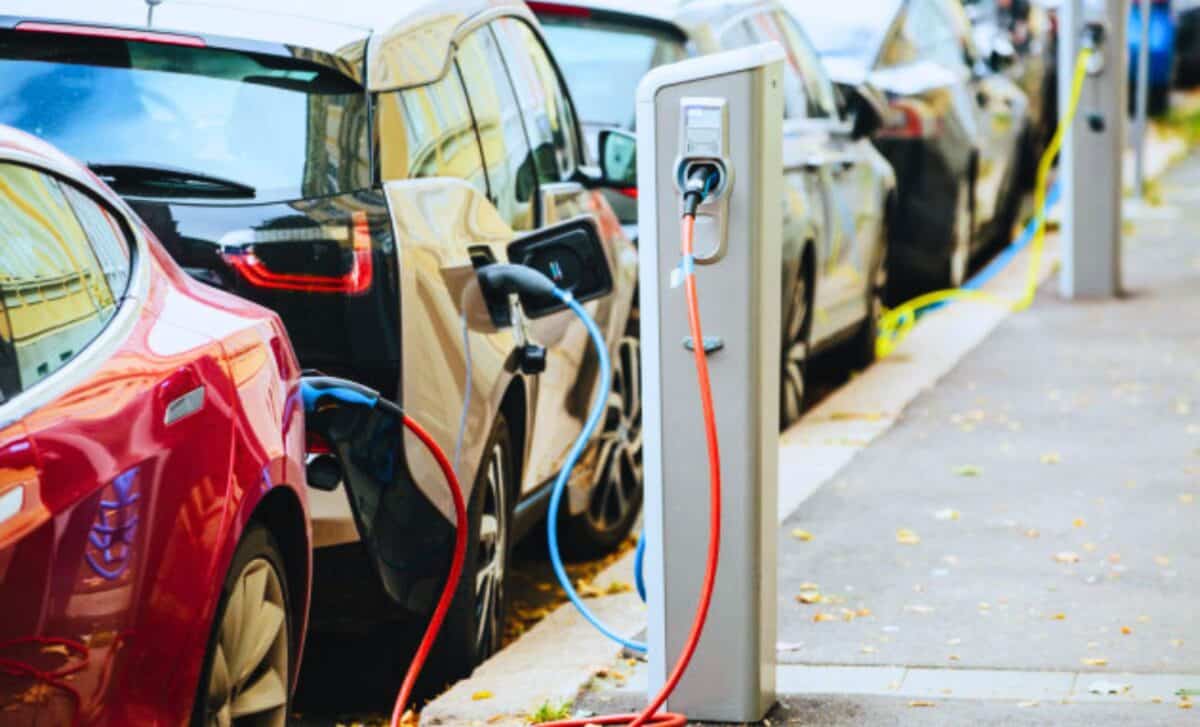Starting April 1, 2025, electric vehicles (EVs) owners in the UK will see changes to car tax regulations. While there’s no immediate need for action, it’s important for EV owners to be aware of the upcoming changes.
According to a letter sent to drivers, the new tax rates will apply from that date onward, with the vehicle tax automatically calculated when it’s due.
How Will Taxing Electric Vehicles Work?
When it’s time to tax an EV, drivers will receive an automatic reminder. Taxing an electric car for the first time will be straightforward, with options to do so online, by phone, or at a local Post Office branch. The letter also directs owners to the Government website for detailed guidance on the process.
Tax Rates for New Electric Vehicles
- Vehicles registered on or after April 1, 2025: EVs and low-emission cars will pay the lowest first-year vehicle tax, similar to vehicles emitting 1 to 50g/km of CO2. Starting from the second year, they’ll be subject to the standard rate of £190, though this amount may change by 2025.
- Cars registered between April 1, 2017, and March 31, 2025: These vehicles will immediately fall under the standard tax rate of £190.
- Cars registered between March 1, 2001, and March 31, 2017: EVs from this period will shift to the first tax band with a VED (Vehicle Excise Duty) value of £20.
Taxing Electric Vans and Motorcycles
- Most electric vans will be taxed under the standard annual rate for light goods vehicles.
- Electric motorcycles and tricycles will pay the annual rate for the smallest engine size.
New electric vehicles with a list price exceeding £40,000 will incur an additional charge. After the first year, owners of these cars will need to pay the Expensive Car Supplement from the second tax payment onwards.
Advocacy Against the Luxury Tax
Given these developments, EV advocates are pressing the government to drop the luxury tax on electric vehicles. This regulatory change might have a substantial influence on popular vehicles, such as the Tesla Model Y, which may face greater financial costs.
The Government’s website has provided further clarity: “From April 1, 2025, drivers of electric and low emission cars, vans and motorcycles will need to pay vehicle tax in the same way as drivers of petrol and diesel vehicles.” This regulation will affect both new and existing vehicles.
Moreover, the upcoming measure will eliminate band A from the current Vehicle Excise Duty (VED) system, which is presently set at £0. Vehicles currently in this band will transition to a different category, where tax will be applicable.
The government maintains has list of autos that are currently exempt from paying vehicle taxes (as of October 11, 2024). It may be found here.










So all this push to get people to lower their emissions and get an EV that has no emissions (except at charge points) they are now being told they pay similar or more, if larger model than equivalent petrol, despite what do gooders say, seems anti progressive. This to me will make me rethink getting an EV. What’s the point of we’re still going to pay road tax? That said, we all should’ve realised this is coming. Both the inept conservatives and the current dangerous labour liers will always do their best, or worst, to tax working class and others as much as they can while lining their own pockets before they’re made to leave office. I can see most drivers sticking to petrol and diesel and you can’t blame them. The incentive to buy ev has now gone